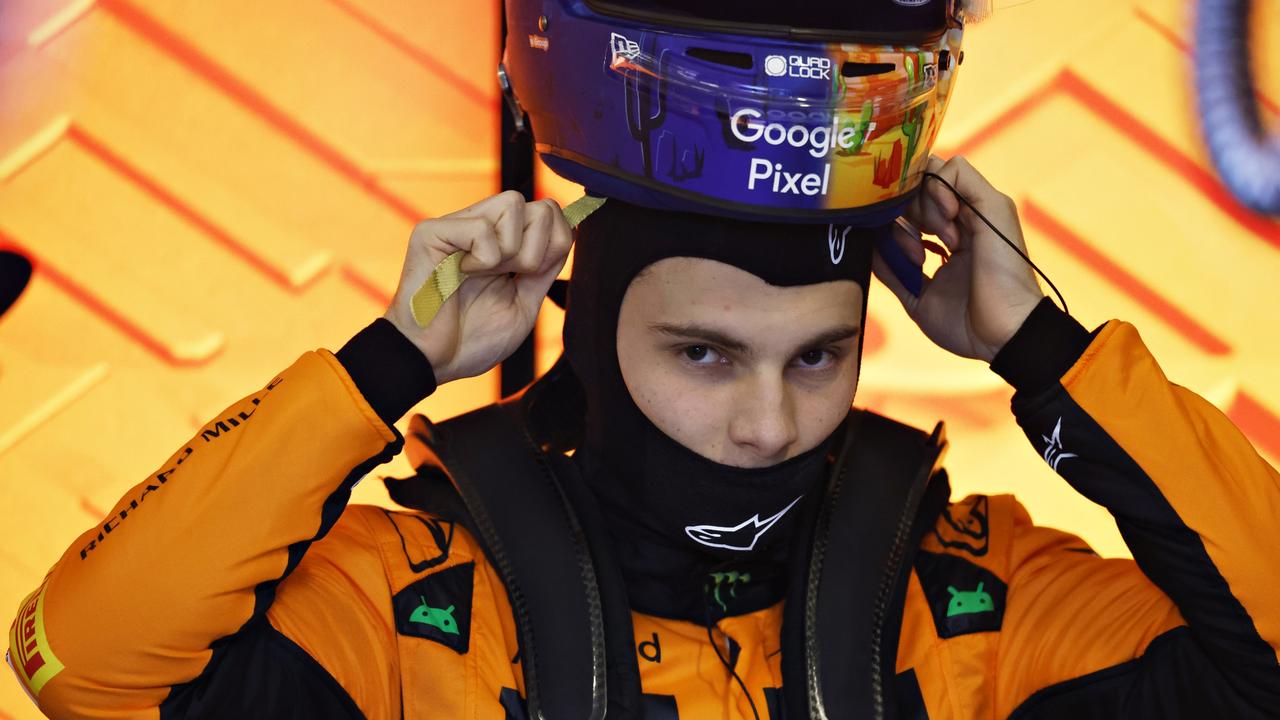Reality check of Scotland defeat brings resurgent Wallabies back to earth | Daniel Gallan

- by Admin
- November 24, 2024

It had been a fortnight of razzle-dazzle and eye-catching headlines. Offloads and sidesteps, pyrotechnics and sliding tries in the corner had filled highlights reels and provided content for podcasts and think-pieces. There wasn’t a spare seat on the bandwagon. The hype train was chugging along at full throttle. Everyone wanted to know: Were the Wallabies back?
This was the reality check that Australian rugby needed. Because for all their brilliance in their record wins in London and Cardiff, they were handed a lesson here in Edinburgh. This 27-13 defeat serves as a timely reminder that for all the positivity that has been accrued this autumn, there are still more pressing questions that need answering.
Questions like, could the Australian defence, and not their attack, get them over the line? Could the tight fight front up? Could the midfield, with Len Ikitau at 12 and Joseph-Aukuso Suaalii at 13, remain rock solid? Could the set-piece hold firm? Could Joe Schmidt’s phase-play strategy work without consistent time on the ball. And, with limited front-foot ball, could their dynamic half-backs and whirling outside backs work the edge and exploit half chances?
Not all of these questions yielded positive responses. Sione Tuipulotu scored Scotland’s first-half try after collecting from a long throw at a lineout and running straight through the guts of the Wallabies. Australia’s own lineout lacked variety and the maul failed to crank through the gears. More than once the visitors turned down kickable penalties only to cough up possession after nudging the ball into the corner. The scrum too struggled and regularly creaked and conceded penalties. And despite the extra heft in the second row provided by Will Skelton, the larger units did not boss the gainline when things got loose. Time and again Scotland’s wily loose forwards stole a march on those in gold and won penalties on the ground.
It wasn’t all bad though. Harry Potter’s debut consolation try reaffirmed the theory that there is an abundance of speedy wingers who can hang at this level. Ikitau was impressive either side of the ball and should keep the 12 jersey even when Samu Kerevi returns from his suspension. And Angus Bell once again rampaged with ball in hand throughout his stay on the pitch.
But composure was lacking. When they found the edge or pounced on Scottish mistakes they fumbled the ball or lost their heads. Late in the piece, when there was still an outside chance of a dramatic comeback, Tate McDermott picked up the ball at the base of a ruck inside Scotland’s 22, looked up, saw a string of backs forming an overlap to his left and inexplicably unfurled a nothing cross-field kick that was easily marked by Tuipulotu.
It would be unfair to argue that this gaffe summed up the game. In truth Australia simply weren’t good enough. Perhaps this was a consequence of their psyche heading into the contest. It’s hard to imagine Schmidt was talking his boys up in private, telling them that they’re world beaters, but they’d not be human if they didn’t start the match with some wind in their sails, buoyed by the feelgood energy that has surrounded the camp after two statement wins.
Scotland doused those flames early with some hard hits and an ultra-aggressive approach at the breakdown. It almost worked against the South African Springboks. Here it made a mess of Schmidt-ball and soon enough several Australians got themselves in unnecessary scraps. The usually cool Suaalii went nose to nose with a smiling Tuipulotu. Tom Wright’s headless shoving after the whistle cost his team an additional 20 metres from the penalty that was just conceded, allowing Finn Russell a shot at goal.
after newsletter promotion
The eight scrums in the first half alone told a story. It was stop-start and stodgy. Shorn of fluency and shape, Australia had to rely on individuals busting through or skipping round tacklers. This time it just didn’t work.
But perhaps Schmidt won’t be too frustrated. He’ll take pride in addressing these weaknesses that might have been dormant for two weeks, but were very much present when his side lost twice to South Africa, twice to New Zealand and once by a record score against Argentina just this year. With the pressure of the grand slam narrative now over, the veteran coach can set realistic targets for next week’s finale against Ireland.
Now he can spend the next six days searching for different answers to the questions Scotland posed without the spectre of Mark Ella’s greatness hanging over him. And besides, most fans would have gladly taken two wins from this European tour. It’s only because of the helter-skelter of the last two weeks that expectations were shifted. With everything back in place, Schmidt can get back to work.
The Latest News
-
November 25, 2024Australia v India: first men’s Test, day four – live
-
November 25, 2024Australia v India LIVE updates: Australia stares down heavy home defeat as veterans face the music
-
November 25, 2024First Test live: Steve Smith’s chance arrives after Aussie horror show
-
November 25, 2024This year-long LPGA honor came down to the second-to-last hole – Australian Golf Digest
-
November 25, 2024Why fading star’s ‘scrambled’ mind could spell end as ‘D-day’ looms — Aussie cricket reacts





